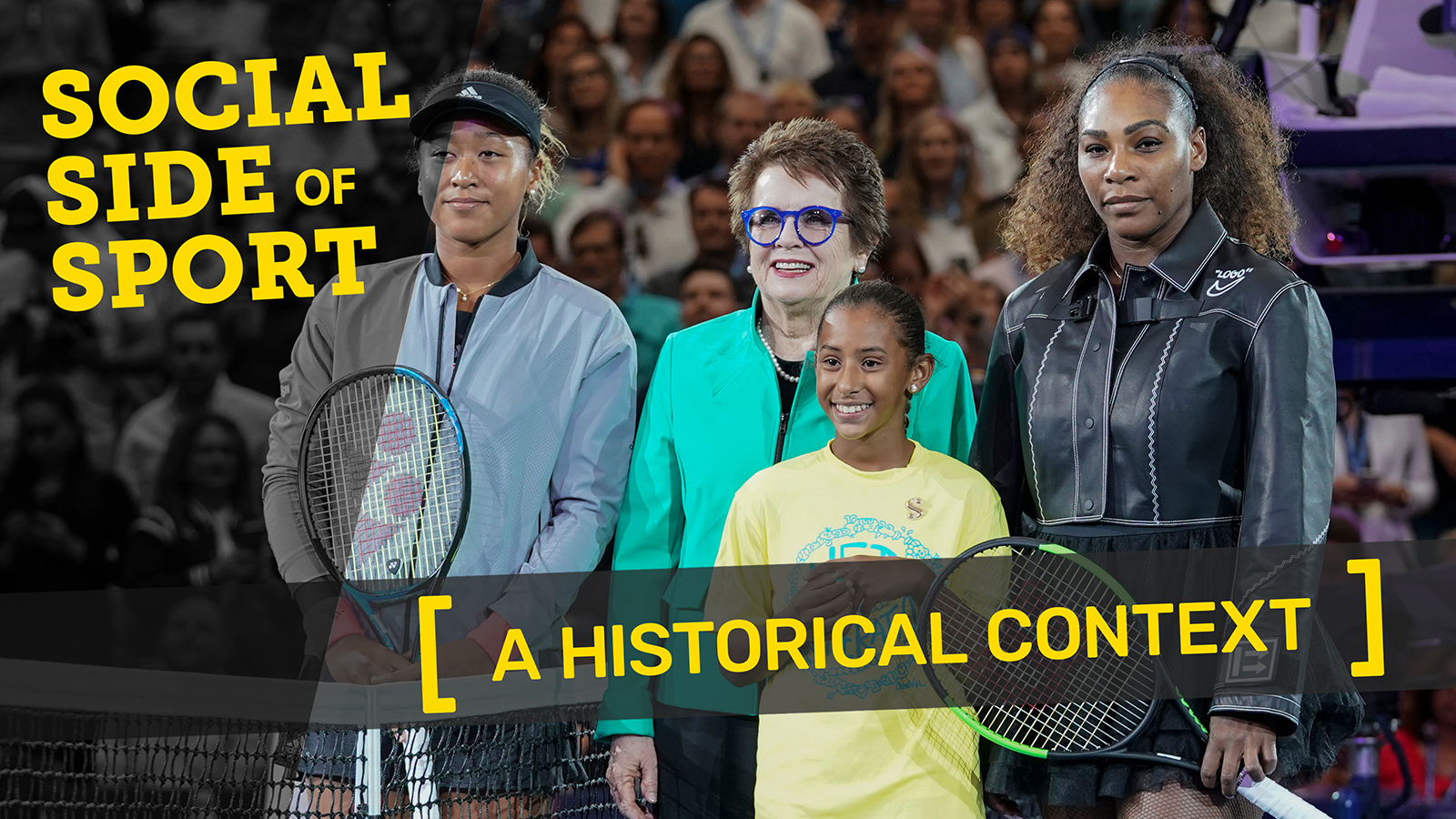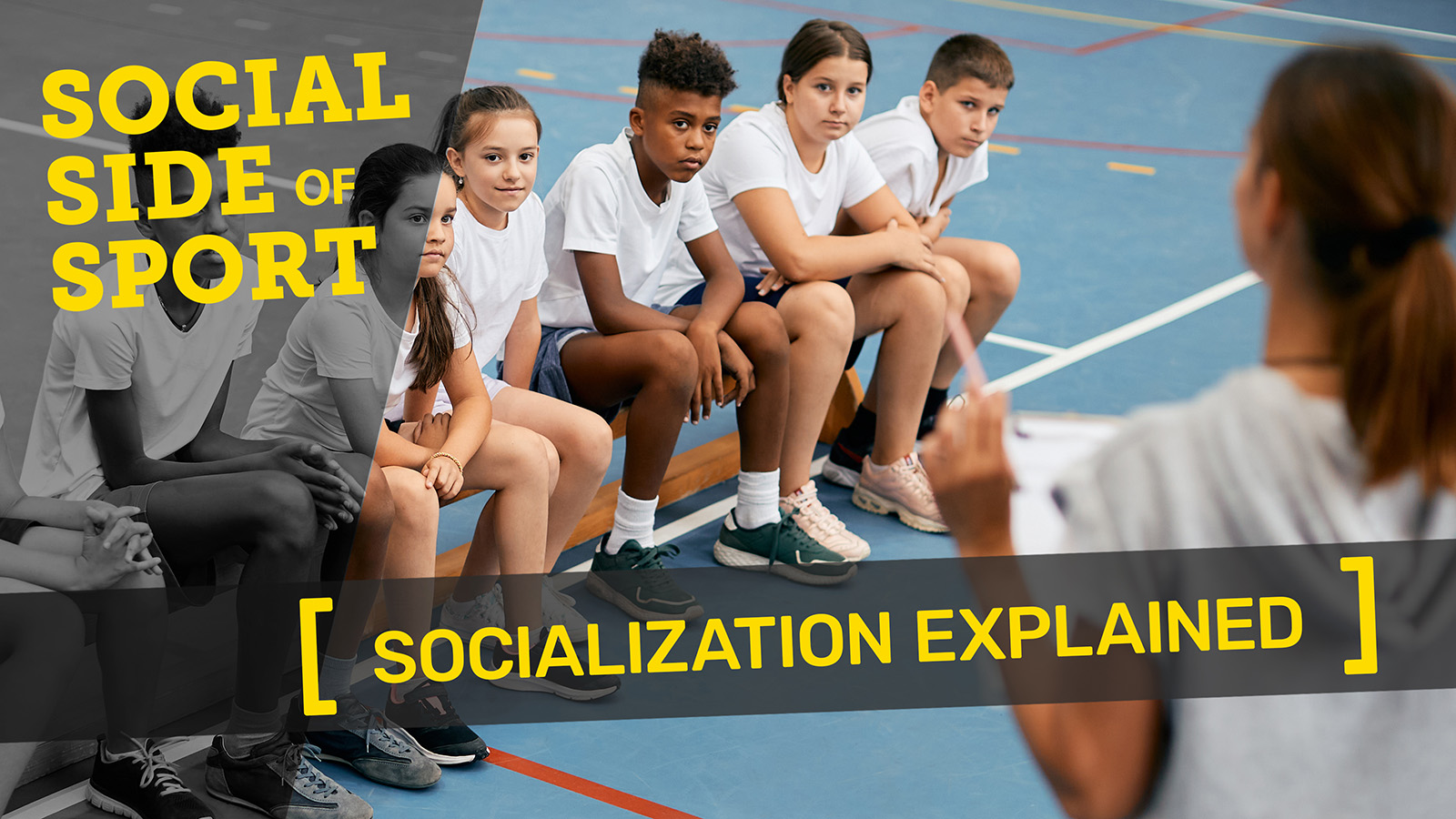Coined by Côte´ (1999), the concept of deliberate play
refers to sport activities that are (1) modeled and adapted
from organized sports, (2) intrinsically motivating, (3)
immediately gratifying, (4) specifically designed to maximize
enjoyment, and (5) youth-led. When engaging in
deliberate play activities, such as backyard soccer, youth
often adapt standardized sport rules to suit their needs
(e.g., number of participants, participant characteristics,
or environmental constraints, such as available equipment
or play area). Deliberate play is a distinctive form
of sport activity that offers youth unique developmental
benefits and adds to the breadth of youth’s sport
experiences.
The concept of deliberate play may be best understood
by first considering the broad spectrum of sport
activities that comprise ‘sport.’ Coˆte´, Erickson, and
Abernethy (2013) proposed a typology of sport in
which sport activities can be categorized into one of
four quadrants divided by two axes. One axis refers to
the social structure of the sport activity (i.e., adult-led to youth-led) and the other axis relates to the personal
value associated with the activity (i.e., extrinsic or
intrinsic). Using this typology, deliberate play is characterized
as both an intrinsically valued and youth-led
activity. This contrasts with the notion of deliberate
practice put forth by Ericsson, Krampe, and Tesch-
Ro¨mer (1993). Deliberate practice activities during
childhood are adult-driven activities that are designed
with the specific objective of improving long-term athletic
performance, rather than immediate enjoyment.
Deliberate play also differs from the specific pedagogical
games/play designed to improve performance such
as teaching games for understanding (Griffin & Butler,
2005) and the ‘structured practice’ activities typical of
organized sport.
Deliberate play activities require more complex
sport skills than fundamental movement skills and are
aimed at imitating aspects of an organized sport.
Deliberate play activities produce a ‘creative’ learning
context by removing most of the external constraints
imposed by adults in youth sport and by establishing a
context that minimizes the outcome of performance.
In doing so, deliberate play activities are a valuable
avenue for promoting the long-term outcomes of sport
participation, including performance, participation,
and personal development. Participation in deliberate
play activities provides a solid foundation for developing
sport skills, intrinsic motivation, and personal
development outcomes (e.g., teamwork, creativity)
that can contribute to eventual sport expertise and
long-term sport participation (Coˆte´, Lidor, & Hackfort,
2009). Indeed, by offering youth an opportunity to
engage in flexible and diverse sport activities that are
unmediated by adults, deliberate play represents a
unique context through which youth can develop their
sport (e.g., novel techniques) and interpersonal (e.g.,
leadership) skills. Overall, deliberate play is a unique
form of sport activity that can promote positive developmental
outcomes, particularly for youth sport
participants.





















